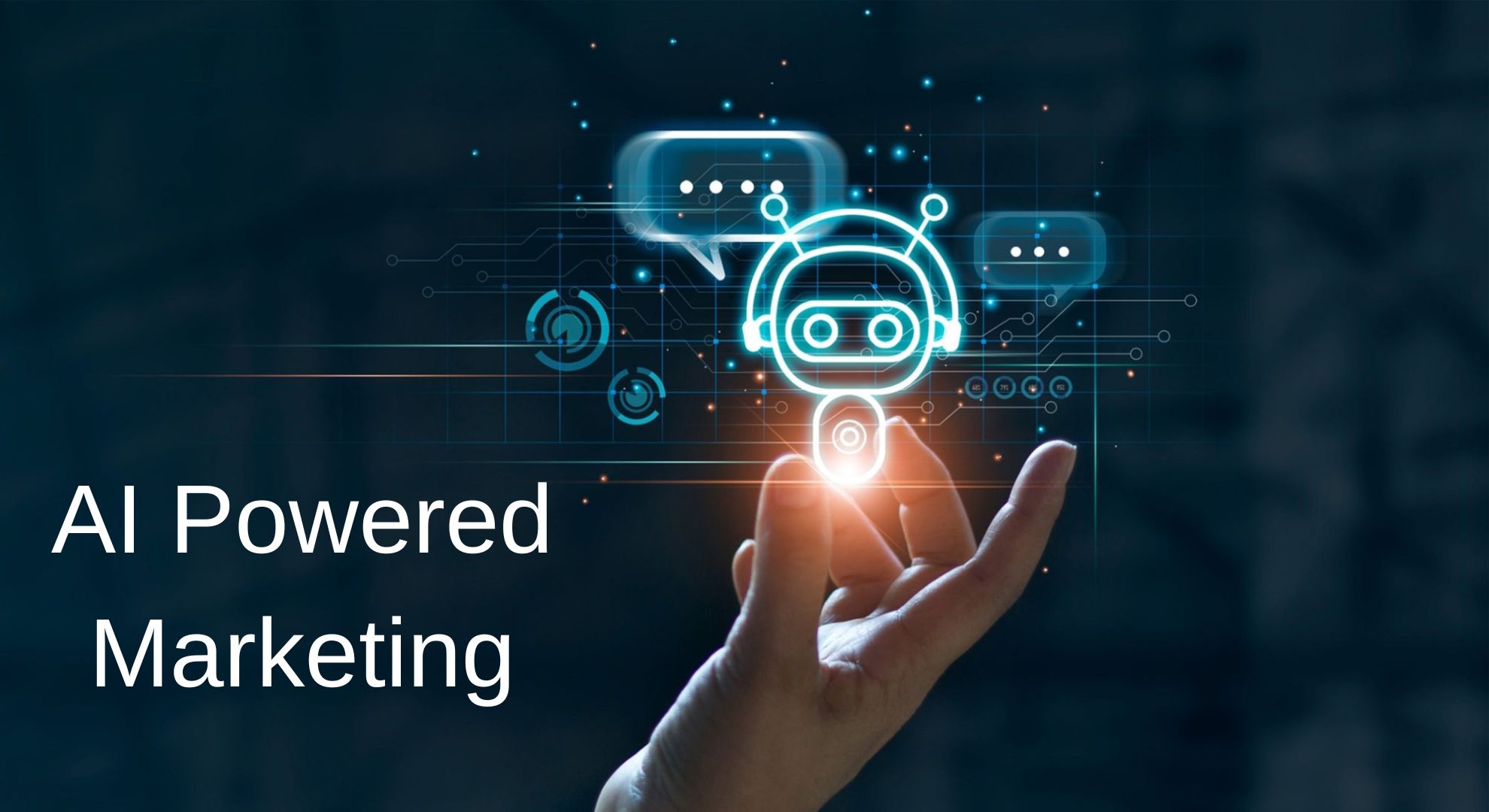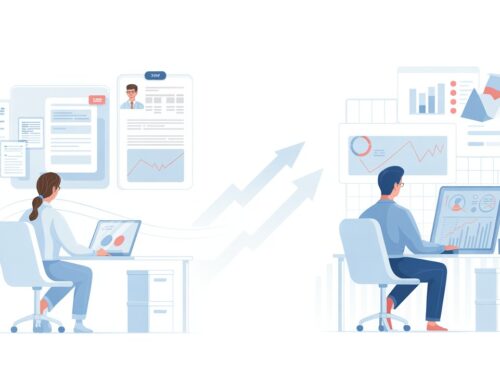Discover how AI-Powered Marketing is revolutionizing marketing by enabling hyper-personalization, predictive analytics, and seamless customer journeys. Learn how businesses are leveraging AI to enhance customer experiences and drive growth.

In 2025, artificial intelligence (AI) is no longer a futuristic concept but a present-day catalyst reshaping how brands engage with customers. From hyper-personalized interactions to predictive analytics, AI is revolutionizing marketing strategies, enabling businesses to deliver tailored experiences that resonate with individual consumers.
🔍 1. Hyper-Personalization at Scale
AI allows marketers to move beyond basic segmentation, crafting one-to-one experiences for each customer. By analyzing vast amounts of data—such as browsing behavior, purchase history, and social interactions—AI can deliver personalized content, product recommendations, and messaging in real-time. This level of personalization has been shown to increase conversion rates and customer satisfaction
📈 2. Predictive Analytics for Proactive Engagement
AI-powered predictive analytics enable businesses to anticipate customer needs before they arise. By analyzing historical and real-time data, AI can forecast behaviors such as churn, purchase intent, and service requirements. This foresight allows brands to engage customers proactively, offering timely solutions and personalized offers that enhance loyalty and retention
💬 3. Intelligent Chatbots and Virtual Assistants
AI-driven chatbots and virtual assistants are transforming customer service by providing instant, 24/7 support. These tools utilize natural language processing (NLP) to understand and respond to customer inquiries, resolving issues efficiently and at scale. For instance, Sephora’s chatbot not only answers questions but also recommends products, blending customer service with marketing .
🎯 4. Real-Time Content Optimization
AI enables marketers to optimize content strategies in real-time by analyzing engagement metrics and adjusting campaigns accordingly. This dynamic approach ensures that content remains relevant and effective, maximizing impact across various channels .
🧠 5. Emotional AI-Powered Marketing for Enhanced Empathy
Advancements in AI have led to the development of emotional intelligence capabilities, allowing systems to detect and respond to customer emotions through sentiment analysis and facial recognition. This empathetic approach enables brands to tailor interactions, addressing customer concerns with greater sensitivity and improving overall satisfaction
🛠️ 6. Scalable Asset Creation
AI tools like MidJourney and Canva AI are democratizing design by enabling businesses to create high-quality visuals without the need for extensive design expertise. These tools allow for the rapid production of diverse content variations, facilitating A/B testing and ensuring that marketing materials resonate with different audience segments .
🔄 7. Seamless Cross-Channel Experiences
AI facilitates the integration of customer interactions across various touchpoints, ensuring a cohesive experience whether a customer is engaging through email, social media, or in-store. This omnichannel approach builds trust and enhances the customer journey, leading to increased brand loyalty .
🧩 8. Ethical AI-Powered Marketing Practices
As AI becomes more prevalent, consumers are increasingly concerned about data privacy and algorithmic transparency. Brands that adopt ethical AI practices—such as clear data usage policies and unbiased algorithms—are more likely to build trust and foster long-term customer relationships
🚀 Embracing AI-Powered Marketing for the Future
The integration of AI into marketing strategies is not merely a trend but a fundamental shift in how businesses operate. By leveraging AI’s capabilities, brands can deliver personalized, efficient, and empathetic customer experiences that drive growth and innovation. As we move further into 2025, embracing AI will be essential for staying competitive in an increasingly digital marketplace.





